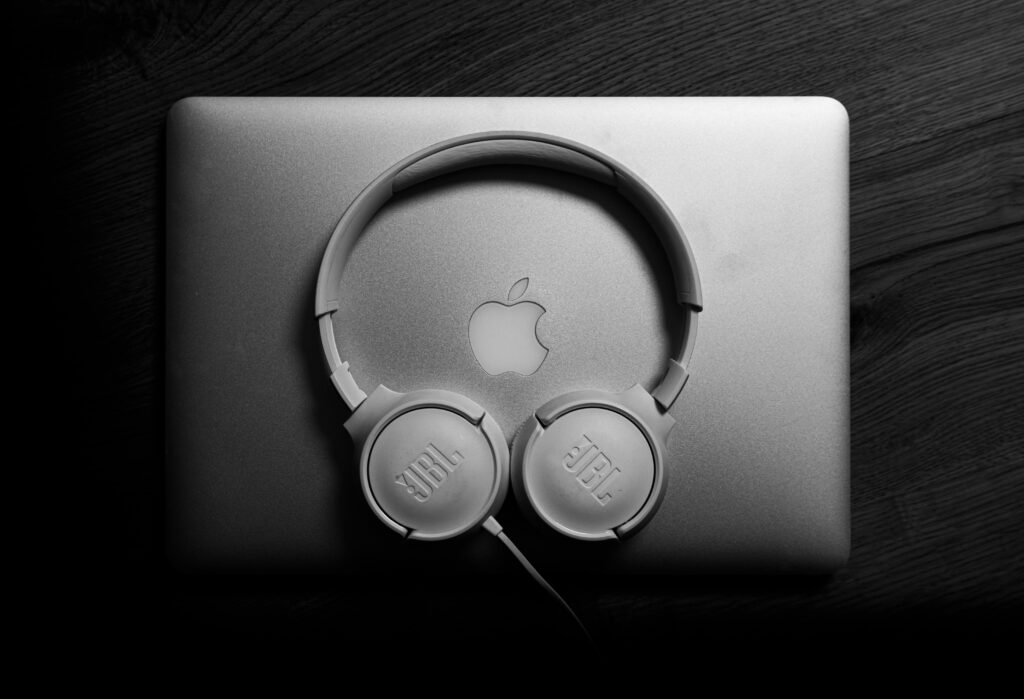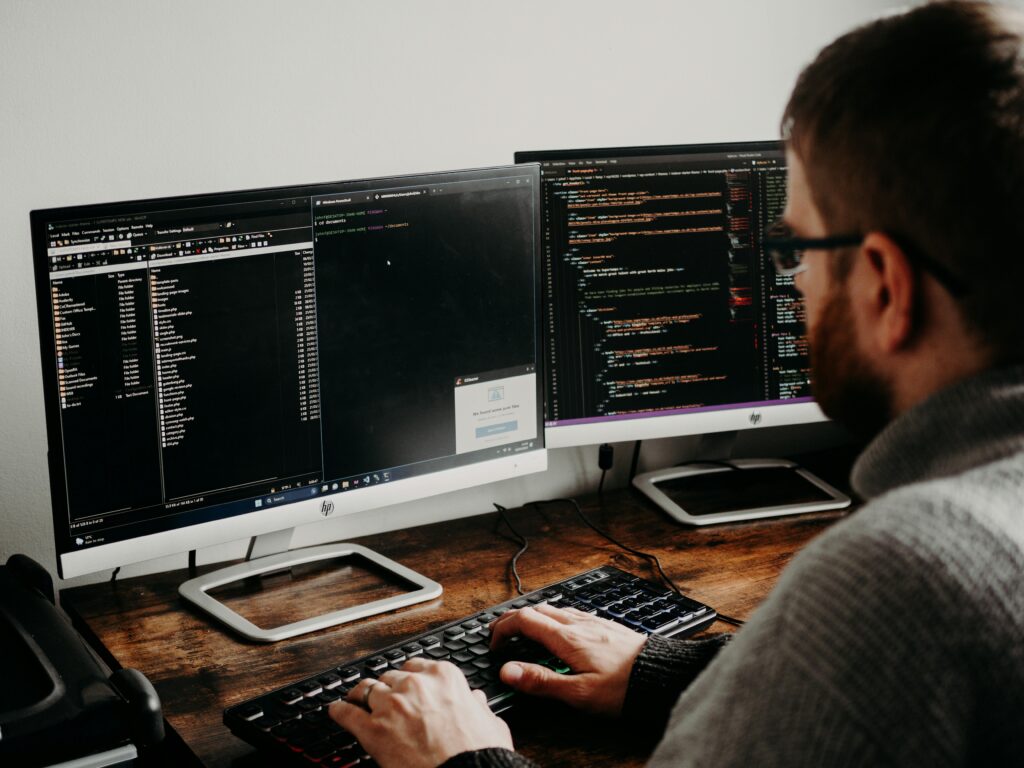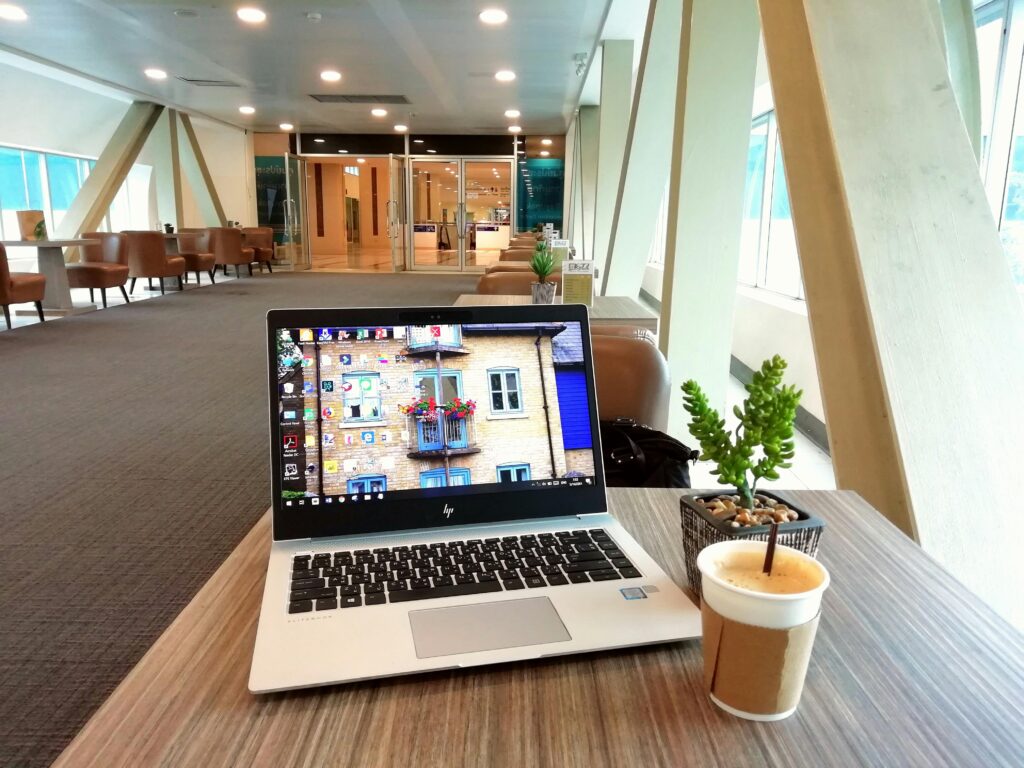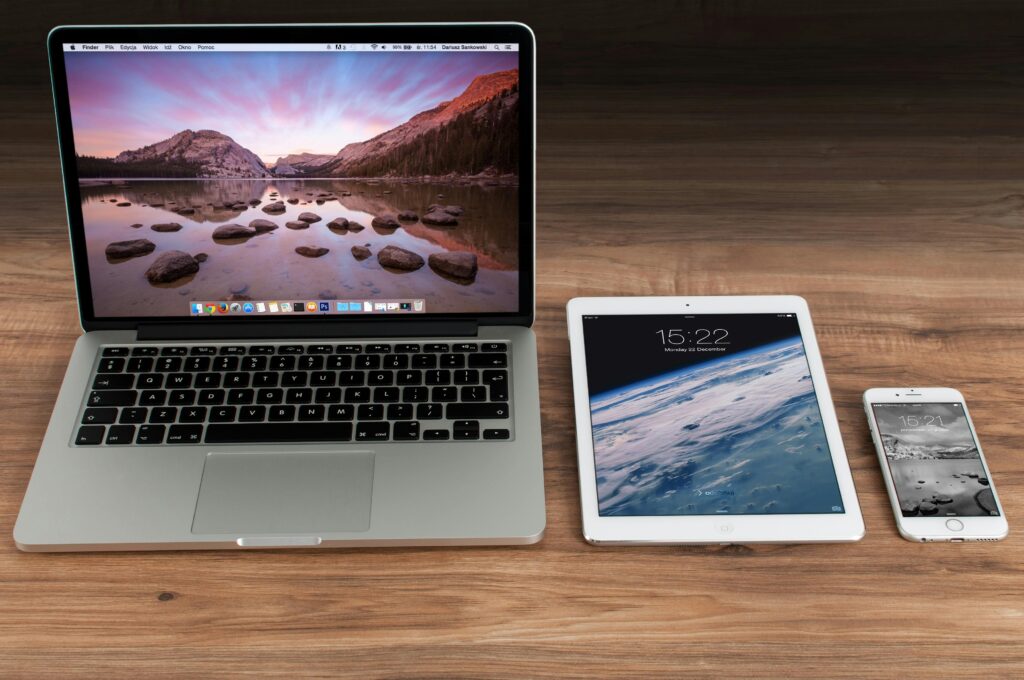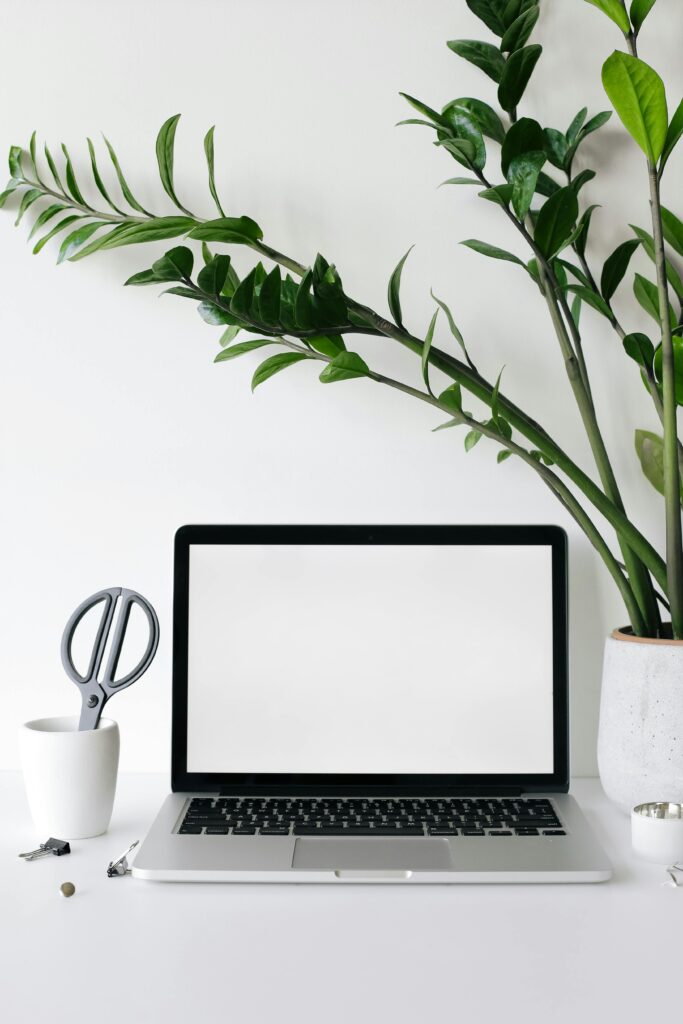Hey there, tech enthusiasts! Whether you’re rocking a MacBook Air or flexing a MacBook Pro, you’ve probably heard someone say, “Apple laptops are unhackable.” It’s a pretty bold claim, right? But is it true? Let’s dive into this topic together and get to the bottom of it.
But first, here’s a quick overview in table form:
| Aspect | Reality Check |
|---|---|
| Apple’s macOS Security | Strong, but not invincible |
| Virus Protection | Better than most, but still needs caution |
| Common Threats | Phishing, Malware, Spyware |
| Can It Be Hacked? | Yes, but it’s harder than many other OSs |
| How to Stay Safe | Updates, strong passwords, good habits |
Now that you’ve got the quick facts, let’s get into the nitty-gritty!
Why People Think Apple Laptops Are “Unhackable”
Apple’s reputation for security didn’t come out of nowhere. They’ve got robust hardware-software integration, a Unix-based operating system (macOS), and features like Gatekeeper and XProtect. All this makes it harder for hackers to break in compared to some other systems. But harder doesn’t mean impossible.
Hackers have been targeting Apple devices for years, and as MacBooks become more popular, they’re getting more attention from cybercriminals. So, let’s bust the myth: Apple laptops are hackable.
The Security Features That Make macOS Strong
Apple has some impressive built-in security tools:
- Gatekeeper: This checks apps for developer certifications before letting them run. If it’s not signed by Apple or from the App Store, you’ll get a warning.
- XProtect: Think of it as Apple’s secret anti-virus software. It’s always running in the background and gets updated automatically.
- FileVault: This encrypts your entire disk, making it almost impossible for someone to access your data without your password.
- System Integrity Protection (SIP): It prevents malicious software from modifying system files. It’s like a digital bouncer for your Mac.
While these features are fantastic, they’re not bulletproof. Hackers are creative, and where there’s a will, there’s a way.
Common Threats to Apple Laptops
Now let’s talk about how hackers might target your beloved MacBook. Here are some common methods:
1. Phishing Attacks
Hackers don’t need to break into your Mac if they can trick you into giving up your credentials. Phishing emails that look like they’re from Apple, asking you to reset your password? Classic move.
2. Malware
Malware is less common on Macs than on Windows machines, but it’s not unheard of. A famous example is the “Silver Sparrow” malware that targeted M1 Macs in 2021.
3. Spyware
Hackers could use spyware to monitor your activities. For example, Pegasus spyware, though more targeted towards iPhones, has been known to exploit Mac vulnerabilities too.
4. Public Wi-Fi Snooping
Using public Wi-Fi without a VPN? You’re inviting trouble. Hackers can intercept your data, including passwords and sensitive information.
5. Zero-Day Vulnerabilities
These are flaws in macOS that Apple hasn’t discovered yet. Hackers love exploiting these because they’re essentially unpatched doors into your system.
How Hackers Can Break Into Apple Laptops
Now, let’s get real. Here are some ways hackers can actually break into a MacBook:
1. Brute-Forcing Passwords
Weak passwords are an open invitation. If you’re using “password123,” change it—like, right now.
2. Exploiting Outdated Software
If you’re not keeping your macOS and apps updated, you’re leaving the door wide open. Updates often include patches for known security issues.
3. Compromised USB Drives
Ever heard of USB sticks loaded with malware? Plugging one into your Mac could install malicious software without you even realizing it.
4. Social Engineering
This is when hackers manipulate you into giving up sensitive information. It’s not a technical hack, but it’s just as effective.
5. Malicious Software Downloads
Downloading cracked software or apps from unofficial sources is a surefire way to get malware.
How to Keep Your Apple Laptop Safe
Don’t panic. With a few precautions, you can keep your MacBook safe:
- Keep Everything Updated Apple regularly releases updates for macOS to fix vulnerabilities. Set your Mac to update automatically if you haven’t already.
- Use Strong Passwords A mix of uppercase, lowercase, numbers, and special characters will make it much harder for hackers to brute-force your login.
- Enable Two-Factor Authentication (2FA) Add an extra layer of security to your Apple ID and other accounts.
- Install a Good VPN This encrypts your data on public Wi-Fi, making it nearly impossible for hackers to intercept.
- Be Careful What You Click Don’t open email attachments or click on links from unknown senders. If an email looks fishy, it probably is.
- Download Apps Only from Trusted Sources Stick to the Mac App Store or reputable developers’ websites. Avoid torrent sites like the plague.
- Turn on Firewall and FileVault These built-in features add an extra layer of protection to your system.
- Use Antivirus Software Yes, even Macs can benefit from antivirus software. Look for lightweight options that won’t slow your MacBook down.
Final Thoughts: So, Can Apple Laptops Be Hacked?
The short answer? Yes. The long answer? Yes, but it’s much harder compared to other systems. Apple’s security features are top-notch, but no system is completely immune.
The key takeaway here is that while your MacBook has great defenses, your actions matter just as much. Hackers often rely on human error—clicking a malicious link, using a weak password, or ignoring updates.
So, stay vigilant, follow best practices, and you’ll make life a lot harder for any hacker trying to mess with your Mac. Stay safe out there, and happy computing!
Read more : What is the Best Laptop for Ethical Hacking?
